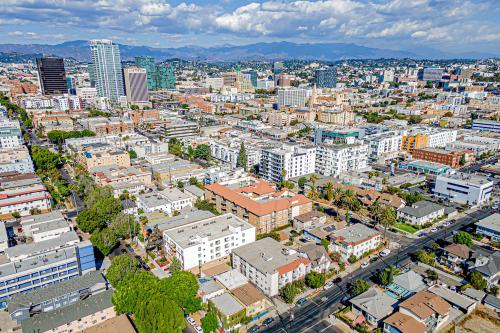This brief examines the unusual financial structure of the Washington Metropolitan Area
Transit Authority (WMATA) and finds that the agency’s serious budgetary challenges owe
in large part to its problematic revenue base. Most notably, the brief finds that WMATA’s
extraordinary lack of dedicated funding sources has necessitated an over-reliance on
annually appropriated support that makes the agency vulnerable to perennial financial
crises. The report concludes by reviewing a number of potential dedicated revenue
sources for WMATA that officials might consider to supplement local operating subsidies
over the long term.
The Brookings Institution is committed to quality, independence, and impact.
We are supported by a diverse array of funders. In line with our values and policies, each Brookings publication represents the sole views of its author(s).



